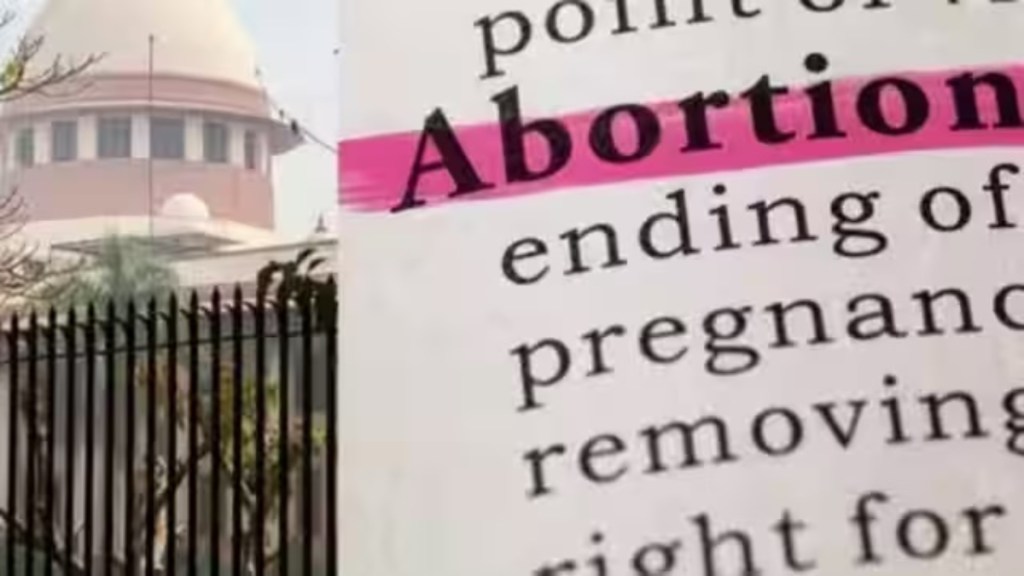The Supreme Court on Tuesday directed the All India Institute of Medical Sciences (AIIMS) to postpone the medical termination of pregnancy for a 26-week pregnant married lady who was allowed to proceed with the procedure just a day earlier. The decision by a bench led by Chief Justice of India DY Chandrachud came after AIIMS experts said they were in a serious dilemma as the fetus was “currently viable,” meaning it would exhibit signs of life and has a good chance of surviving.
The top court approved the request after the mother of two complained on Monday that she was “unwilling to continue with the pregnancy” owing to depression and “lactational amenorrhea”.
Also Read:Delhi Police files FIR against Hero MotoCorp’s Pawan Munjal
The AIIMS doctors contacted Additional Solicitor General Aishwarya Bhati for clarification of the SC order after the directive left AIIMS doctors in a quandary. In a communication to the ASG, they said, “As the baby is currently viable (will show signs of life and have a strong possibility of survival), we will need a directive from the Supreme Court on whether feticide (stopping the fetal heart) can be done before termination. We perform this procedure for a fetus which has abnormal development, but generally not done in a normal fetus.”
The communication added, “If feticide is not performed, this is not a termination but a preterm delivery where the baby born will be provided treatment and care. A baby who is born preterm and also of such low birth weight will have a long stay in the intensive care unit, with a high possibility of immediate and long-term physical and mental disability which will seriously jeopardize the quality of life of the child. In such a scenario, a directive needs to be given as to what is to be done with the baby? If the parents agree to keep the child, this will take a major physical, mental, emotional, and financial toll on the couple.”
It also said, “If it (newborn) is to go for adoption, the process needs to be spelled out clearly as it needs to be clear that the baby who comes into the world will have a better chance at life if the delivery happens after at least eight weeks.”
Bhati brought this matter to the CJI bench’s attention, highlighting that the MTP had been permitted despite medical opinions not favoring it. The court promptly acknowledged the gravity of the situation and suspended the procedure.
The CJI then instructed the Centre to formally submit an application for the recall of Monday’s order and stated that he would schedule a hearing for the application before the same two-judge bench.

